想要趁着周末或公共假期在国内旅游, 但只能想到槟城极乐寺、 吉隆坡双峰塔、 热浪岛, 又觉得这些地方太主流、 人又多、 而且没新鲜感了吗? 今天,小编就要来向大家介绍一些马来西亚可媲美国外、 鲜为人知的冷门景点吧·!
10 Things to Know Before Travelling to China As a Malaysian [2025 Guide]
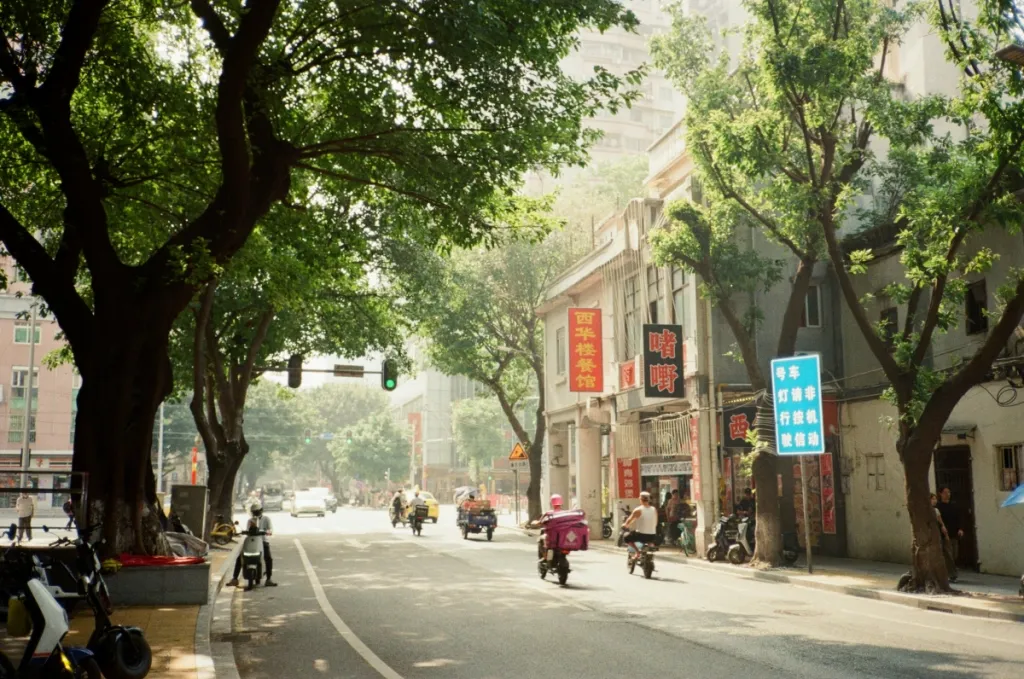
Planning a trip to China from Malaysia? Whether heading to bustling cities like Shanghai and Beijing or exploring ancient towns and scenic mountains, China offers a rich cultural experience. With the recent announcement of visa-free travel between China and Malaysia, Malaysians can now explore China's vast wonders with greater ease and flexibility!
Here's a helpful guide on things to know before travelling to China for Malaysians.
Also read: Travel Insurance in Malaysia: Things to Know Before Going on Your Next Trip!
Things to Know Before Going to China
1. Visa Requirement?
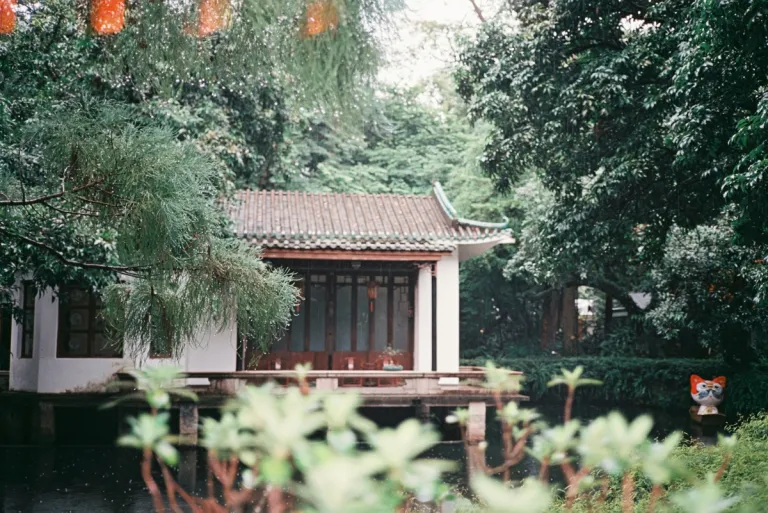
Image credit: Cecelia Chang
According to the latest policy, Malaysian passport holders can enter mainland China without a visa for stays of up to 90 days. There's no need to apply for a visa, just book your flight and you're good to go! This extended stay period is great news for digital nomads too, offering the perfect chance to work remotely while discovering China’s rich culture.
2. Language?
Mandarin is the official language, and English is not widely spoken, especially outside major cities. While younger people may understand some English, it’s wise to have a translation app (like Google Translate) ready. Learning a few basic Mandarin phrases can go a long way!
TripZilla tip: Download offline maps and translation tools before arrival.
3. Cashless Society & Mobile Payments
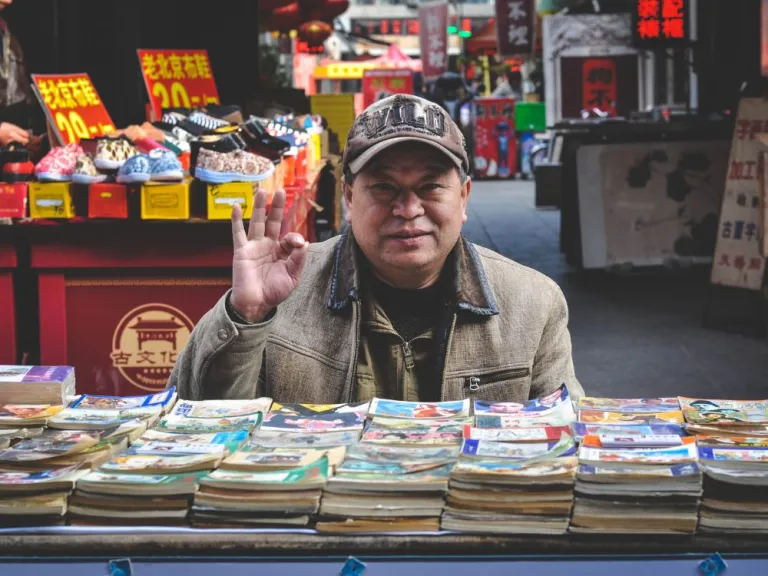
Image credit: Travel Coffee Book from travelcoffeebook
China is largely a cashless society. Most locals use Alipay or WeChat Pay for everything, from shopping to transport. As a Malaysian, you can now link your international bank card to Alipay or WeChat Pay with some setup. You can even use the Touch' N Go mobile app to pay, although the rates will be higher.
Nevertheless, we still advise keeping some Chinese yuan (RMB) on hand, especially for smaller towns or markets.
4. Get a Local SIM or eSIM
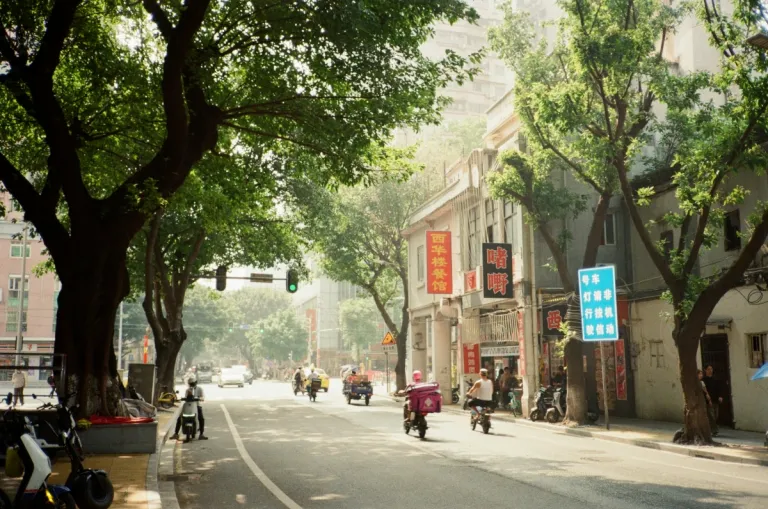
Image credit: Cecelia Chang
Staying connected is crucial, especially when using maps, translation apps, or ride-hailing services. We suggest buying a local SIM card or eSIM with data upon arrival, or pre-order one online to activate as soon as you land.
5. Getting Around
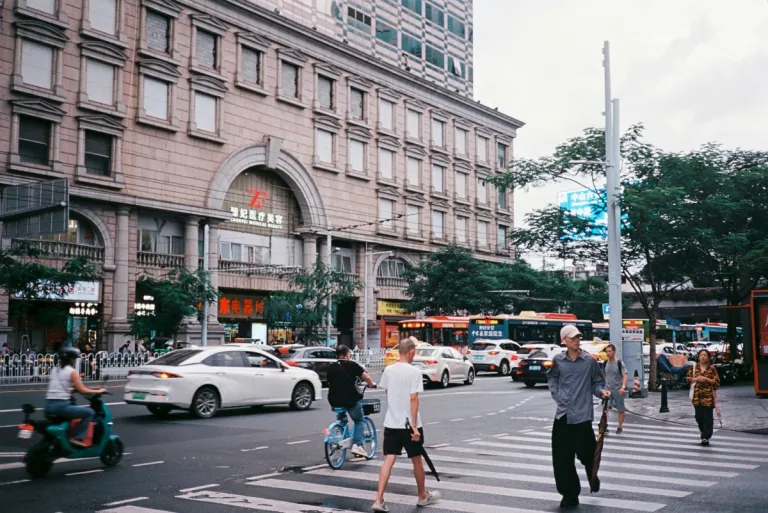
Image credit: Cecelia Chang
Public transport in major cities like Shanghai and Guangzhou is efficient, especially the metro systems. Taxis are affordable, but not all drivers speak English, so have your destination written in Chinese. We recommend downloading the ride-hailing apps, like Didi (similar to Grab).
6. Toilets & Hygiene
Public toilets can vary in cleanliness. Squat toilets are still common, and toilet paper is rarely provided, especially in rural areas. Therefore, always bring your tissues and hand sanitiser.
7. Halal food?
Xi’an is a top destination for Malaysian Muslim travellers. You can savour halal lamb skewers, beef noodles, and even local versions of roti while exploring this historic Silk Road city. Beijing also has many halal or Muslim-friendly restaurants available.
Besides Xi’an and Beijing, cities like Kashgar, Yinchuan, Linxia, and Urumqi in Xinjiang have long-standing Muslim communities with ample halal food and mosques.
TripZilla tip: 清真(qing zhen)means halal in Chinese. Phrases like "wo chi qingzhen de" (我吃清真的 – “I eat halal food”) can help clarify your dietary needs when ordering or asking locals for help.
8. Weather Varies by Region

Image credit: Wirestock from Getty Images
China is massive, and the weather can vary greatly. Northern cities like Harbin or even Beijing can be freezing in winter, while the south remains relatively mild. Always check the climate of your destination before packing.
9. Not All Hotels Accept Foreigners
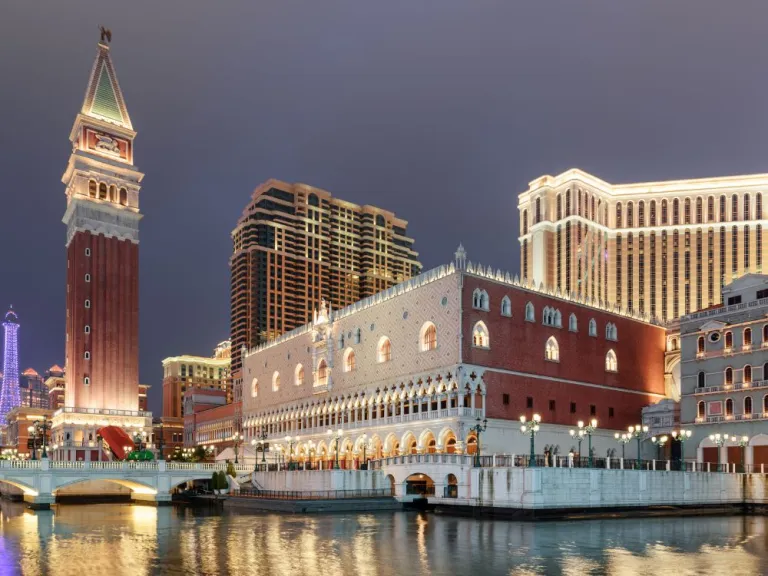
Image credit: efired
In China, not all hotels are licensed to host international guests, even if they appear online. This is due to government regulations requiring specific registration capabilities.
A tip for Malaysians: When booking, always check if the hotel accepts foreign guests (“接待外国人” – jiēdài wàiguó rén). International chains (like Marriott, Hilton, etc.) and higher-star local hotels typically do, while smaller or rural lodgings may not. Using platforms like Trip.com (which often shows this info) can help avoid surprises.
10. Bring a Travel Adapter and Power Bank
China uses plug types A, C, and I, which are different from Malaysia’s Type G. Bring a universal travel adapter to charge your devices. Power banks are also a must if you’ll be navigating with your phone or using apps like Alipay and translation tools throughout the day.
TripZilla Tip: Power banks over 20,000mAh may not be allowed in carry-on luggage during flights, so check airline rules before flying.
Also read: Top 20 Things to Do in Bangkok For Malaysians (2025 Guide)
For Malaysians, travelling to China can be a culture shock, but it’s also incredibly rewarding. If you're already planning your China trip, here's wishing you safe travels and an unforgettable experience!
Published on
About Author
Cecelia Chang
RECOMMENDED READS
本地旅游好好玩! 马来西亚 10个 2025 必游的仙境 【Pulau Langkawi爆红住宿TOP 8】超高颜值的酒店,照片请来一波! 9月16日。。。约吗?
【亚洲跨年烟花TOP 8】带上家人和另一半欣赏爆炸式的浪漫! 每年的跨年大集会, 除了有歌舞升平的好气象之外, 还会有各种烟花大会, 迎接2020的到来~ 为你推荐这些超吸睛的烟火会, 还不赶快带上你最亲爱的去欣赏这份免费的浪漫情怀?!
【冬季篇】日本必去打卡的秘境TOP 10✅ 日本, 是亚洲一个神奇的旅游胜地。 但凡去过一次, 就会上瘾, 然后就会想要探索那里的春夏秋冬。 日本的冬季, 可以达到零下的温度, 甚至有很多越冷越受欢迎的景点。值得一提的是, 日本的冬季集浪漫、 萧条、 迷人为一身。 你也可以趁着冬季来到北海道滑雪, 或是泡一个美美的温泉! 无以伦比的旅行就此开始。
【学生党付得起的价位】新加坡超美味的豪华美食清单TOP 8! 以前总听别人说新加坡的食物不好吃, 那是因为不会吃吧! ~当然, 要享受到顶级的服务和美食, 钱包就一定不能太省啦! 毕竟马币兑新币汇率真的太高了。 不过, 为了吃真的不能省。 如果接下来想逗女朋友开心, 或是想慰劳一下家人, 就去邻国趴趴走吧!
RECENT ARTICLES
新年不塞车的秘密基地:乌鲁音森林小屋 + 河边豪华露营 想找一个靠近KL、安静又有大自然的农历新年短途旅行?乌鲁音的河边glamping正好。
吉隆坡神级长周末:K-pop狂欢 × 摇滚现场 × 神圣朝圣 想体验东南亚最精彩的周末之一?带你看吉隆坡连续三场音乐与文化盛事的震撼现场。
东京迪士尼乐园 & 迪士尼海洋:最强体验全攻略 带你玩转东京两大梦幻迪士尼乐园,必玩设施、传说级小吃,还有避开人龙的实用秘诀一次看懂
日本环球影城:大阪最强主题乐园终极体验指南 从超级任天堂世界的马里奥魔法,到哈利波特的霍格华兹,带你玩遍日本环球影城的王牌设施,还有达人级省时攻略
上海迪士尼乐园:中国梦幻王国终极体验指南 带你认识上海迪士尼的革命级设施,从全球最强《加勒比海盗》到未来感爆棚的TRON,再到疯狂动物城的无轨道追逐冒险



